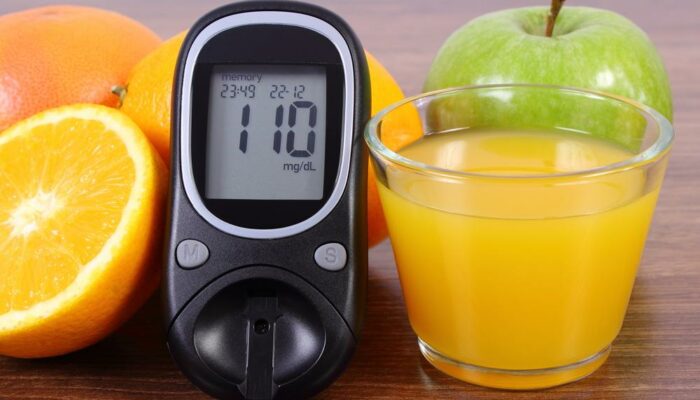
Treatment Options for Common Allergies
The treatment for your allergies depends on your medical history, the severity of your symptoms, and the results of your cold and allergy tests. There are three types of treatments for allergies. They are avoiding allergens, medicine options, or immunotherapy.
Avoid allergens-
Avoiding allergens is the best way to limit your need for cold and allergy medicines and to prevent your allergy symptoms. This includes eliminating all the sources of allergies that are there near you, whether it is your home, your office, or any other place you frequently visit. You need to take preventive measures for any allergies that you have. It can be as simple as cleaning your nose daily if you have any airborne allergy, or avoiding certain places that trigger your allergies like factories, or simply wearing a mask when you are out if you have a dust allergy.
Medicines for allergies-
Most people avoid taking medicines for allergies because they think their symptoms are not that serious. They just ignore it by stating that it is their allergies and they are used to it. However, this ignorance is not good in the long run. It can result in serious problems like sinus, ear infections, or any other conditions that are associated with the allergies. It is necessary that you avoid this risk. There are various over-the-counter medicines and prescribed medicines that relieve the symptoms of an allergy. However, it is essential that you consult your doctor before taking any. Don’t consume any medicines without the doctor’s prescription as it can worsen your condition. Here are the cold and allergy medicines that are usually used to treat allergies-
- Mast cell stabilizers
To keep your body from releasing histamine, mast cell stabilizers are used. These stabilizers are helpful when you have itchy, watery eyes, or an itchy and runny nose. They are available both as nose sprays as well as eye drops. - Nasal corticosteroids
Nasal corticosteroids are nose sprays that reduce swelling. Stuffy, itchy and runny nose is caused because of swelling. They are one of the best medicines for nasal allergies. - Decongestants
By shrinking swollen membranes in the nose, decongestants tend to reduce stiffness. However, you need to be careful while using them and ensure that you don’t use them too much. This is because the swelling and stiffness in your nose can get worse if you use these sprays for more than three days in a row. - Oral corticosteroids
To reduce swelling and stop severe allergic reactions, oral corticosteroids are prescribed. However, these medicines can have serious side effects. Your doctor should carefully monitor this medication if he is prescribing it to you. - Antihistamines
This medication is used to block histamine which triggers your allergic swelling. This medicine is helpful to calm sneezing, runny nose, hives, and itching. This medication can be consumed in various ways like pills, nose sprays, melting tablets, or sprays. They are especially helpful to treat seasonal and indoor allergies. - Corticosteroid creams or ointments
To relieve itchiness and to stop the spread of rashes, these creams and ointments are used. If it does not treat the rashes that you get because of your allergies within a week, consult your doctor again.
If none of the above treatments work, immunotherapy is a treatment option for some patients to treat their cold and allergies.




